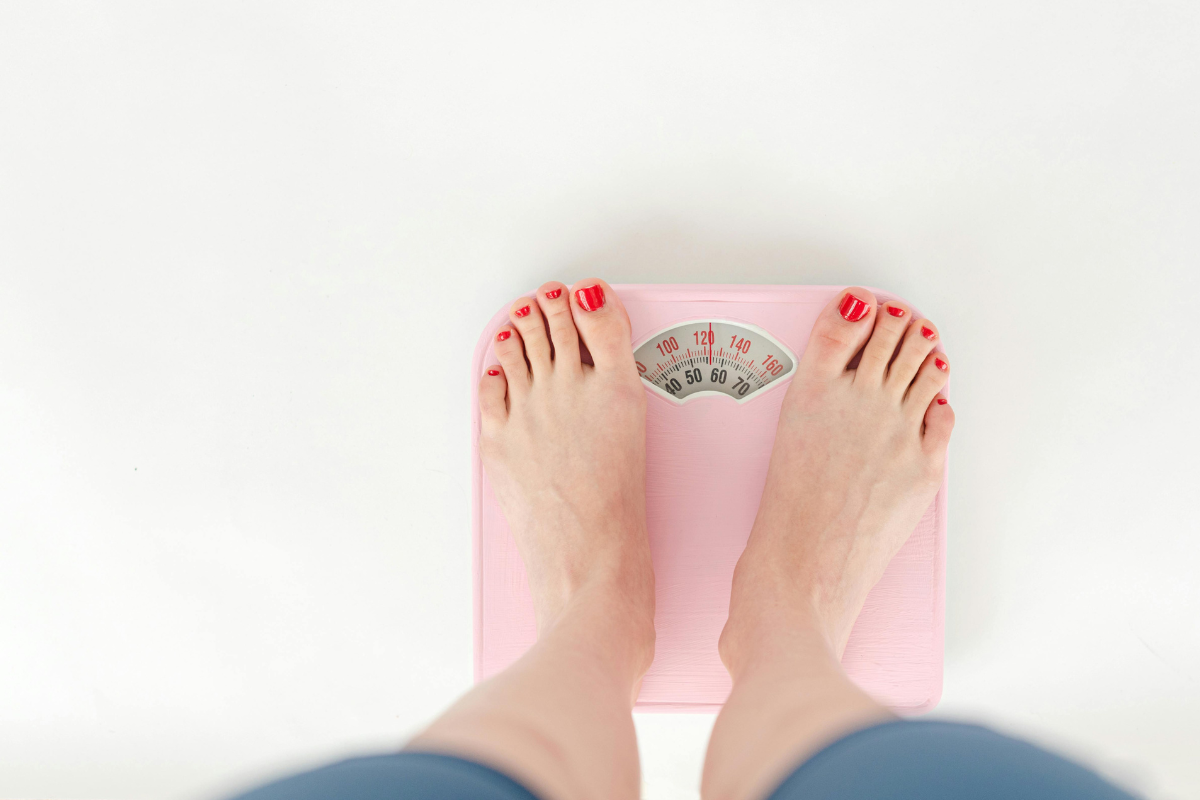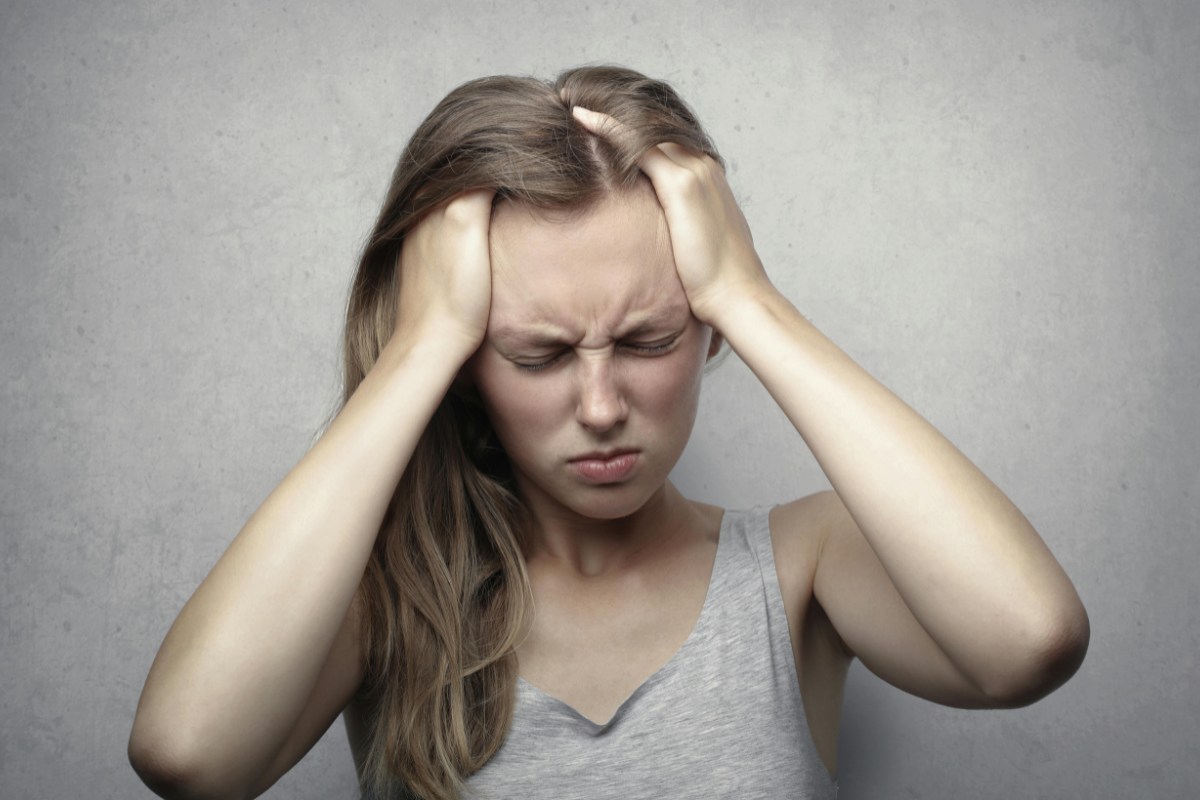
Energy Balance 101: Decoding the Equation for Weight and Vitality

Energy Balance 101: Decoding the Equation for Weight and Vitality
Energy balance is a straightforward concept that controls your weight. However, it is also one of the most important mechanisms that control our energy level. It has to do with the balance of energy that a person takes in from food and drink (calories in) versus the energy that they burn (calories out) in the course of their daily life, including the baseline daily activities of life and bodily functions, as well as physical exercise. The significant first step to better weight control and lifelong energy lies in comprehending this simple truth.
The equation of weight is the surplus or shortage:
Our body pushes this surplus to fat when the calories we consume are higher than the calories we use, causing us to gain weight. On the flip side, if we are in a calorie deficit and burning more calories than we take in, our body will access these fat deposits for fuel, and the result is weight loss. Weight stability happens when our calories in, over time, are approximately the same as our calories out. It is not about strictly counting every single calorie but about a general equilibrium adapted to each one of us in the function of our particular needs and objectives.
Energy Balance and Vitality — Not a Matter of Weight
We know that energy balance affects weight, but energy balance is just as much to blame for how we energetically feel on a day-to-day basis. As we feed ourselves the appropriate number of calories to cover our energetics, we feel motivated and ready to execute day-to-day tasks with energy and purpose. But if we consistently eat less, we may experience lethargy, fatigue, faintness, and lack of focus as our bodies do not have enough fuel to operate correctly. On the other hand, overeating will make you gain weight and also make you feel tired and lazy because the body is processing and digesting too much energy.
The Energy Equation Personal Landscape Based On the Influencer Factors
It needs to acknowledge that how much calories we need and how many calories we get rid of are different for everyone based on a number of variables. Genetics, age, sex, and body composition all determine our basal metabolic rate (BMR), the energy expended by the body at rest to ensure its survival. Most of our energy expenditure during the day comes from what we do — more active people will always expend more energy during the day. TEF, by the way, stands for the thermic effect of food, which is how much energy we expel in the process of digesting, absorbing, and metabolizing the food we eat (yes, even that counts). So, to have a balanced energy intake and expenditure, it's essential to understand our very own energy needs.
Discovering the Stasis: Examples for Balance, Weight and Energy Control
It is important to note that energy balance is a journey, not a destination. That means you have to make the conscious choice of what you eat, how much you exercise. A nutrient-dense system based on whole, unprocessed foods prioritizes stable energy and health. Staying active: Exercise is a double whammy of calorie burning, but it also supports heart health, mood, and energy. Listening to hunger and satiety signals, focusing on mindful eating, and making slow, small changes are important aspects of finding our unique energy balance, which leads to a healthy weight and healthy energy for life. The easiest, most effective way to take control of our health and live life on purpose with intention is to remember the basic premise of calories in, calories out.





















































